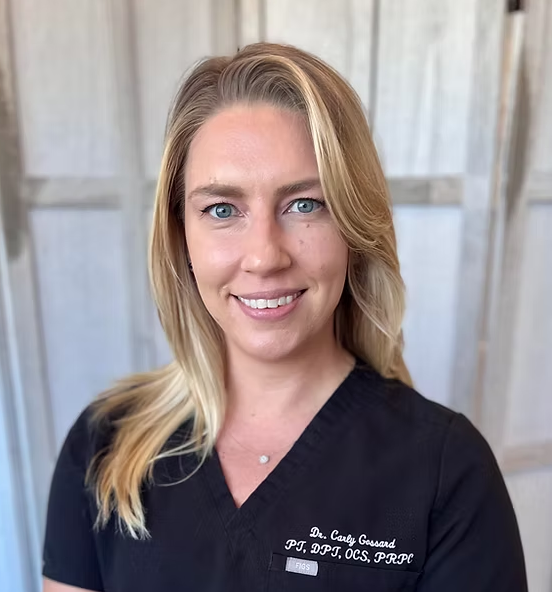
Carly Gossard, PT, DPT, OCS, PRPC
Carly Gossard, PT, DPT, OCS, PRPC
Carly Gossard—Endometriosis Physical Therapist
Summary: Carly Gossard, PT, DPT, OCS, PRPC, is a dedicated endometriosis physical therapist at Empowered Pelvic Health in Montvale, New Jersey. Carly Gossard’s approach emphasizes treating the whole person with a team-based philosophy that integrates orthopedic, pelvic rehabilitation, and movement therapies such as yoga and Pilates. Trained through the Herman and Wallace Pelvic Rehabilitation Institute, Carly Gossard collaborates closely with a trusted network of endometriosis specialists and mental health professionals to provide comprehensive, multidisciplinary care. This collaborative environment ensures that patients receive personalized support tailored to their unique needs. Carly values empowering patients to actively participate in their healing journey, fostering progress and lasting success. Her warm, patient-centered care creates a safe space where individuals feel supported in managing their endometriosis symptoms and improving quality of life.
City: Montvale, New Jersey, USA
Visit types: Office, Hospital
Spoken languages: English, Spanish (clinically fluent)
Interpreting services for other languages: No

Denise Weisner, DACM, L. AC
Denise Weisner, DACM, L. AC
Denise Weisner—Endometriosis Acupuncturist
Summary: Denise Weisner, DACM, L. AC, is a compassionate endometriosis acupuncturist based in Los Angeles, California, dedicated to helping patients find relief from endometriosis pain. At Natural Healing & Acupuncture, Denise Weisner combines acupuncture with personalized recommendations on diet, lifestyle, supplements, and herbal therapies to support better menstrual comfort and ovulation health. Her holistic approach focuses on easing painful symptoms and improving overall well-being, ensuring each patient receives care tailored to their unique needs. She believes in empowering individuals to manage their endometriosis with gentle, natural therapies that promote balance and healing. Patients appreciate her warm, professional manner and her commitment to addressing both the physical and lifestyle factors that influence endometriosis symptoms.
City: San Diego, California, USA
Visit types: Virtual and in-person
Spoken languages: English
Interpreting services for other languages: No

Jessica Angowski, PT, DPT, YTT-200
Jessica Angowski, PT, DPT, YTT-200
Jessica Angowski—Endometriosis Physical Therapy
Summary: Jessica Angowski, PT, DPT, YTT-200, is a compassionate endometriosis physical therapist based at Empowered Pelvic Health in Montvale, New Jersey. Jessica Angowski’s holistic approach focuses on both the physical and emotional aspects of endometriosis, creating a safe, supportive environment where patients feel truly heard. Her treatments often include visceral mobilization to enhance pelvic organ mobility and reduce adhesions, myofascial release to ease pelvic floor tension, and tailored pelvic floor strengthening or relaxation exercises. Additionally, Jessica integrates yoga therapy and breathing techniques to improve pelvic mobility and reduce stress, which can worsen symptoms. Education on posture, body mechanics, and lifestyle adjustments empowers patients to manage their symptoms and enhance their quality of life. Jessica Angowski is dedicated to delivering personalized, collaborative care that fosters healing, symptom relief, and overall well-being for every patient’s unique journey.
City: Montvale, New Jersey, USA
Visit types: Office/Hospital
Spoken languages: English
Interpreting services for other languages: No

Merritt Jones, DAIM, LAc, MS
Merritt Jones, DAIM, LAc, MS
Merritt Jones—Endometriosis Acupuncturist
Summary: Merritt Jones, DAIM, LAc, MS, is a dedicated endometriosis acupuncturist based in San Diego, California, specializing in integrative care for pain management and improved quality of life. She collaborates closely with excision surgeons, pelvic physical therapists, and mental health professionals to provide a comprehensive, patient-centered approach. Understanding that living with endometriosis impacts physical, mental, and emotional well-being, Merritt offers personalized acupuncture treatments designed to ease pain, reduce inflammation, and support overall reproductive health. With a warm and holistic philosophy, Merritt Jones empowers patients to feel supported throughout their endometriosis journey, combining traditional acupuncture with modern integrative techniques. Located at Natural Harmony Reproductive Health, Merritt Jones’s care emphasizes a team approach to help patients regain balance and enhance their daily lives.
City: San Diego, California, USA
Visit types: Virtual and in-person
Spoken languages: English
Interpreting services for other languages: No
My role as an integrative acupuncturist is to offer tools for pain management and overall better quality of life while living with endometriosis. I believe that a comprehensive approach to supporting the endometriosis patient means addressing the physical, mental, and emotional aspects of care.
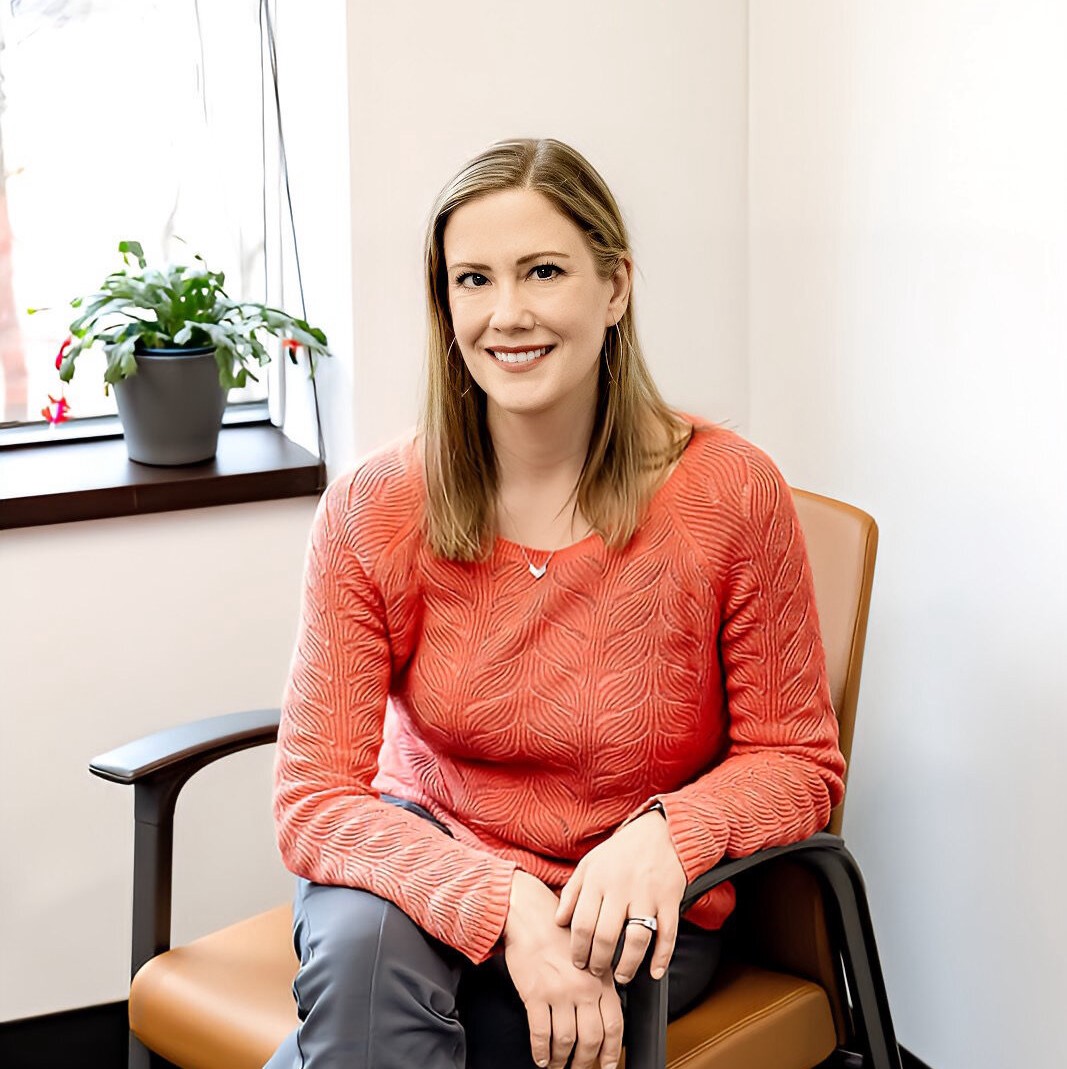
Bethany Hansen, PT, DPT
Bethany Hansen, PT, DPT
Bethany Hansen—Endometriosis Physical Therapist
Summary: Bethany Hansen is a dedicated endometriosis physical therapist based in Edina, Minnesota, committed to providing compassionate, patient-centered care through her practice, Bethany Hansen, LLC. Bethany Hansen, PT, DPT, emphasizes a multidisciplinary approach that combines pelvic floor physical therapy with supportive treatments tailored to each patient’s unique needs. Her expertise includes manual therapy techniques such as deep tissue mobilization, trigger point release, myofascial release, visceral mobilization, and internal pelvic floor work. She also integrates exercise, nervous system calming strategies and collaborates with other healthcare providers like endometriosis excision surgeons, functional medicine dietitians, and acupuncturists. Her holistic, team-based philosophy aims to optimize pain relief, restore function, and improve quality of life for patients navigating the challenges of endometriosis. Patients appreciate her warm, attentive approach and personalized treatment plans that empower them throughout their healing journey.
City: Edina, Minnesota, USA
Visit types: Home, Virtual
Spoken languages: English
Interpreting services for other languages: No

Megan Luybli, MS, RDN, LDN
Megan Luybli, MS, RDN, LDN
Megan Luybli—Endometriosis Dietitian
Summary: Megan Luybli is a compassionate endometriosis dietitian practicing at A Soft Place to Land in Bethlehem, Pennsylvania. Megan Luybli’s approach centers on patient-centered, weight-inclusive care that supports your unique journey with endometriosis. Understanding the physical and emotional challenges endometriosis brings, she focuses on improving your relationship with food and body while addressing digestive symptoms like bloating and discomfort. Megan Luybli embraces a Health at Every Size® (HAES®) philosophy, emphasizing gentle nutrition rather than restrictive diets, and also specializes in eating disorder recovery. Her goal is to provide holistic support that respects your choices and complements your medical care. With Megan Luybli, you won’t have to face endometriosis alone — she advocates for you and helps create a personalized plan to ease symptoms and enhance well-being in a warm, supportive environment.
Visit Type: Office
City: Bethlehem, PA
Spoken languages: English
Interpreting services for other languages: No

Amelia May, PT, DPT
Amelia May, PT, DPT
Amelia May—Endometriosis Physical Therapist
Summary: Amelia May is a compassionate endometriosis physical therapist based in Denver, Colorado, offering personalized, one-on-one care at Sonder Pelvic Therapy & Wellness. She provides personalized, one-on-one care grounded in a whole-body, movement-focused approach to help individuals with endometriosis reduce pain, restore function, and feel confident in their bodies again.
With a strong orthopedic background integrated seamlessly into pelvic floor care, Amelia specializes in supporting active lifestyles—from runners and lifters to Pilates enthusiasts. Her treatment plans are individualized and evidence-informed, often incorporating functional dry needling, cupping, visceral mobilization, myofascial release, internal pelvic floor work, and customized home programs.
City: Denver, Colorado, USA
Visit types: Home, Virtual
Spoken languages: English
Interpreting services for other languages: No
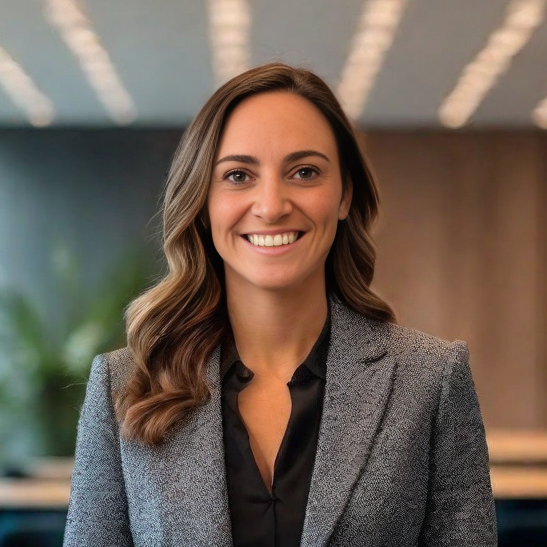
Dr. Jill Ingenito
Dr. Jill Ingenito
Dr Jill Ingenito – Endometriosis Specialist
Summary: Dr Jill Ingenito is an experienced endometriosis specialist based in Centennial, Colorado, dedicated to providing comprehensive, patient-centered care. Dr Jill Ingenito approaches endometriosis as a multifactorial disease, considering key theories such as retrograde menstruation, coelomic metaplasia, immune dysfunction, and genetic factors. This broad understanding guides her personalized treatment plans, which include excision surgery and tailored hormonal therapies like combined oral contraceptives, progestins, and GnRH modulators. Dr Jill Ingenito emphasizes a multidisciplinary approach, integrating pelvic floor therapy, dietary changes, and pain management to address persistent symptoms. For ongoing pain after surgery, she recommends NSAIDs, neuromodulators, and low-dose naltrexone to reduce inflammation and nerve-related discomfort. Her patient-focused philosophy prioritizes shared decision-making and holistic care to improve quality of life. With a commitment to staying current on emerging research, Dr Jill Ingenito combines expertise and compassion to support women through every stage of their endometriosis journey.
City: Centennial, Colorado, USA
Philosophy of Endometriosis Care: Endometriosis is a complex condition with multiple proposed theories of origin, and I approach its treatment with this multifaceted nature in mind. Here are the key theories I consider and how they influence my approach:
1. Retrograde Menstruation Theory: Endometrial-like tissue flows backward through the fallopian tubes into the peritoneal cavity during menstruation, where it implants and grows.
Influence on Treatment: This theory underscores the importance of hormonal suppression to reduce menstrual flow and mitigate disease progression. Treatments like hormonal contraceptives, progestins, and GnRH modulators can help control symptoms and prevent recurrence.
2. Coelomic Metaplasia Theory: The peritoneal lining transforms into endometrial-like tissue due to genetic or environmental factors.
Influence on Treatment: This theory supports the need for a holistic approach, including addressing potential environmental triggers and reducing inflammation through lifestyle modifications, diet, and anti-inflammatory therapies.
3. Stem Cell Theory: Stem cells from the bone marrow or endometrium migrate to ectopic locations and differentiate into endometrial-like tissue.
Influence on Treatment: This theory emphasizes the potential role of immune system modulation and ongoing research into regenerative therapies.
4. Immune Dysfunction Theory: Impaired immune surveillance allows ectopic endometrial-like tissue to implant and persist.
Influence on Treatment: I focus on optimizing the immune environment through anti-inflammatory strategies, adjunctive therapies (e.g., low-dose naltrexone), and encouraging overall immune health.
5. Genetic and Epigenetic Theories: A genetic predisposition and epigenetic modifications may make certain individuals more susceptible to developing endometriosis.
Influence on Treatment: Understanding that endometriosis is likely influenced by heritable factors helps me counsel patients on recurrence risk and tailor long-term management strategies.
6. Lymphatic and Hematogenous Spread Theory: Endometrial-like cells spread through the lymphatic system or bloodstream, explaining distant lesions.
Influence on Treatment: This theory highlights the importance of a systemic approach to the disease, particularly in cases with extra pelvic manifestations.
My Approach:
Excision Surgery: Recognizing that excision addresses the visible and tangible lesions of endometriosis regardless of origin, I prioritize this approach for definitive treatment.
Multidisciplinary Care: I integrate pelvic floor physical therapy, dietary interventions, pain management strategies, and psychological support to address the systemic impact of the disease.
Patient-Centered Care: I emphasize shared decision-making, tailoring treatment plans based on the severity of symptoms, goals, and individual patient needs.
Ongoing Education and Research: Staying updated on emerging theories and treatments is critical to providing the most effective care.
By addressing endometriosis as a multifactorial condition, I aim to provide comprehensive and compassionate care that not only alleviates symptoms but also improves the overall quality of life for my patients.
What type of surgery do you perform for endometriosis: Excision
Medication: In my practice, I incorporate a range of medications tailored to the individual needs of patients with endometriosis, always balancing symptom relief with long-term management goals. Here’s an overview of the medications I use and how I recommend them:
I frequently use hormonal therapies. Combined oral contraceptives (COCs) are a first-line option for mild to moderate symptoms or as a trial before more invasive interventions. These are used continuously or cyclically to suppress ovulation and reduce menstrual flow, which helps decrease inflammation and pain by reducing hormonal cycling. Progestins, such as norethindrone acetate, dienogest, or medroxyprogesterone acetate, are another option, particularly for patients who cannot tolerate estrogen or prefer non-estrogen approaches. These can be delivered orally, via injection (Depo-Provera), or intrauterine (e.g., Mirena IUD), thinning endometrial tissue and suppressing ovulation to reduce lesion activity and pain. GnRH agonists and antagonists, such as leuprolide (Lupron) or elagolix (Orilissa), are often used for moderate to severe symptoms or as an adjunct to surgery. These induce a hypoestrogenic state and are used short-term due to side effects like bone density loss, often combined with add-back therapy to mitigate these side effects. For long-term management, especially for those seeking contraception, levonorgestrel-releasing IUDs (e.g., Mirena or Kyleena) provide localized progestin release, reducing heavy bleeding and pelvic pain with minimal systemic effects.
Approach to Persistent Pain After Surgery: I often recommend NSAIDs, such as ibuprofen or naproxen, for acute pain or in combination with other therapies. These are most effective when taken around the clock during symptom flares to reduce prostaglandin-mediated inflammation and pain. Neuromodulators like gabapentin or amitriptyline are used for neuropathic or chronic pelvic pain that persists despite hormonal or surgical management, typically initiated at low doses and titrated as needed. Low-dose naltrexone is another option for chronic pain and inflammation, taken nightly with patient education about its gradual onset. For bowel-related symptoms, I may use antispasmodics like dicyclomine as needed during symptom flares to reduce smooth muscle spasms.
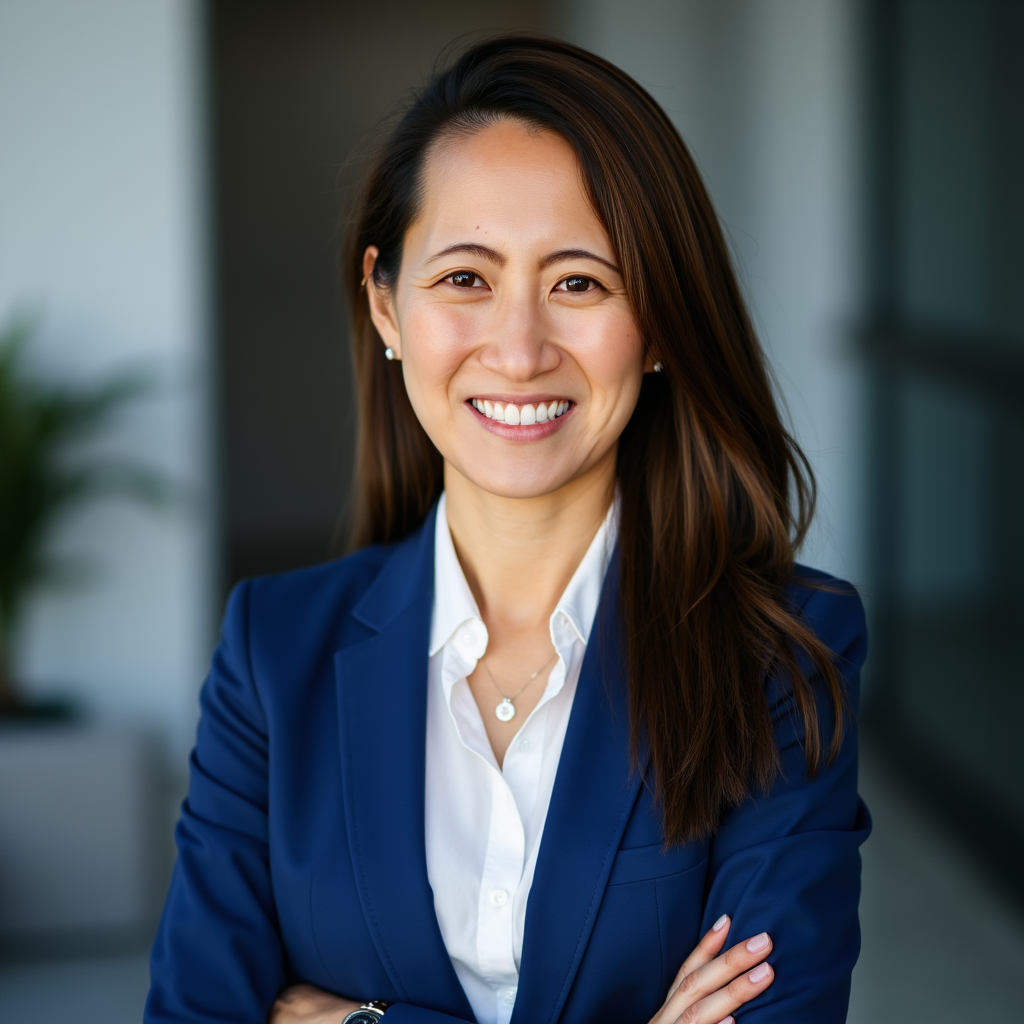
Dr. Amanda Chu
Dr. Amanda Chu
Amanda Chu MD – Endometriosis Specialist
Summary: Dr Amanda Chu MD is a highly regarded endometriosis specialist based in New York City. With a patient-centered philosophy, Dr Amanda Chu MD emphasizes that no single theory fully explains endometriosis, though she draws from retrograde menstruation, coelomic metaplasia, and emerging research in epigenetics and immune dysfunction to guide individualized care. She specializes in excision surgery, supported by thoughtful use of continuous progesterone-only medications to manage symptoms while avoiding more aggressive hormonal therapies when possible. Dr Chu takes a holistic approach to persistent pain after surgery, focusing on reducing inflammation and addressing musculoskeletal and neuropathic pain through non-invasive strategies. She acknowledges the importance of treating coexisting conditions and embraces complementary medicine as part of a broader, multidisciplinary care plan. Patients can expect compassionate, personalized treatment that integrates the latest research and whole-person care principles.
City: New York City, USA
Philosophy of Endometriosis Care: No single theory adequately explains all presentations of endometriosis, but I believe that certain theories play more of a role in individual patients. Older theories have merit, e.g., retrograde menstruation and coelomic metaplasia, but we are constantly increasing our knowledge of endometriosis, & I think that epigenetics and immune dysregulation will become increasingly important.
What type of surgery do you perform for endometriosis?: Excision
Medication: Currently, hormonal medications are a useful and, at times, necessary adjunctive for cyclic symptoms and ovarian cyst prevention. Typically, I utilize continuous progesterone-only medications with the goal of amenorrhea/anovulation. I prefer to avoid GnRH agonists/antagonists for long-term use, given their severe side effect profile.
Approach to Persistent Pain After Surgery: Postoperatively, I prefer to focus on finding less invasive ways to decrease inflammatory, musculoskeletal, & neuropathic pain rather than repetitive procedures. I believe in treating all etiologies of pain, including often coexisting comorbidities, and well as being receptive to approaches that expand beyond traditional Western medicine. Finally, the mental & social impact of endometriosis cannot be overstated, and a multidisciplinary team is essential.

Dr. Brooke Winner
Dr. Brooke Winner
Brooke Winner – Endometriosis Specialist
Summary: Dr Brooke Winner is a compassionate and highly skilled endometriosis specialist based in Seattle, Washington. With a deep belief in the embryologic origin theory of endometriosis, Dr Brooke Winner approaches care with the understanding that many patients are born with misplaced endometrial cells, explaining why symptoms often begin with the first period. She specializes in excision surgery, providing targeted and effective treatment tailored to each individual’s needs.
Dr Brooke Winner works closely with patients to explore hormone therapy options when appropriate, always prioritizing shared decision-making. She typically avoids treatments like Lupron or Orlissa due to potential side effects, but respects that they may benefit some patients. Her approach to persistent pain after surgery is holistic and multidisciplinary, incorporating pelvic floor therapy, acupuncture, nutrition, and mental health support. Patients appreciate her thoughtful, personalized care and commitment to long-term wellness.
City: Seattle, Washington, USA
Philosophy of Endometriosis Care: I believe in the embryologic origin theory, which basically says you are born with the endometriosis cells in the wrong place. This would explain why so many endometriosis patients say that their periods have been terrible ever since they started.
What type of surgery do you perform for endometriosis: Excision
Medication: Some patients respond well to hormone therapy, and others do not. There is no “one size fits all” approach. We will discuss the options available, the pros and cons given your unique situation, and ultimately the decision is up to you. We typically do not use Lupron or Orlissa to treat endometriosis due to significant side effects, although there are some patients who have found these medications helpful as well.
Approach to Persistent Pain After Surgery: The persistence of symptoms postoperatively is multifaceted and requires a multidisciplinary approach. One common issue is pelvic floor muscle spasms, in which case pelvic floor physical therapy can be helpful. Vaginal suppositories, acupuncture, massage, nutrition and mental health counseling can all be beneficial as well.
Website: https://www.fullspectrumgyn.com/
Instagram: https://www.instagram.com/dr.brookewinner/
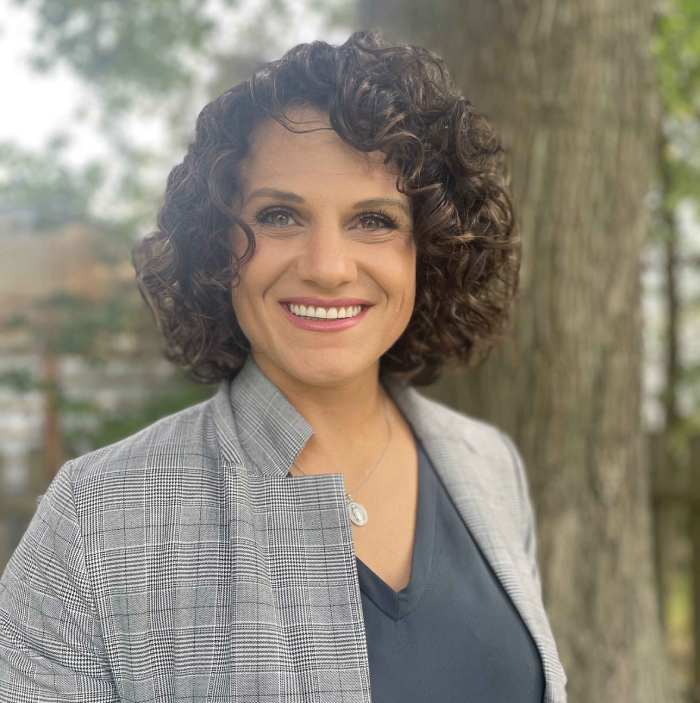
Jillian Lipari, PT, DPT
Jillian Lipari, PT, DPT, CSCS, PCES, Cert-DN
Jillian Lipari—Endometriosis, Physical Therapist
Summary: Jillian Lipari is a dedicated endometriosis physical therapist based in Bedminster, New Jersey. At Ethos Pelvic Health and Wellness, Jillian Lipari, PT, DPT, provides trauma-informed care that prioritizes each patient’s unique experience and needs. Her sessions are tailored and may include visceral mobilization, dry needling, soft tissue and cranial work, internal myofascial release, and somatic movement strategies. Jillian emphasizes nervous system regulation and patient education, particularly around the brain’s fear and trauma responses. She believes in building a strong therapeutic alliance and collaborating with the patient’s broader care team to ensure holistic, well-rounded support. Jillian Lipari’s approach is compassionate, empowering, and grounded in both clinical skill and emotional understanding, helping patients feel safe, supported, and involved in their healing journey.
City: Bedminster, NJ, USA
Visit types: Office/Hospital
Spoken languages: English
Interpreting services for other languages: No
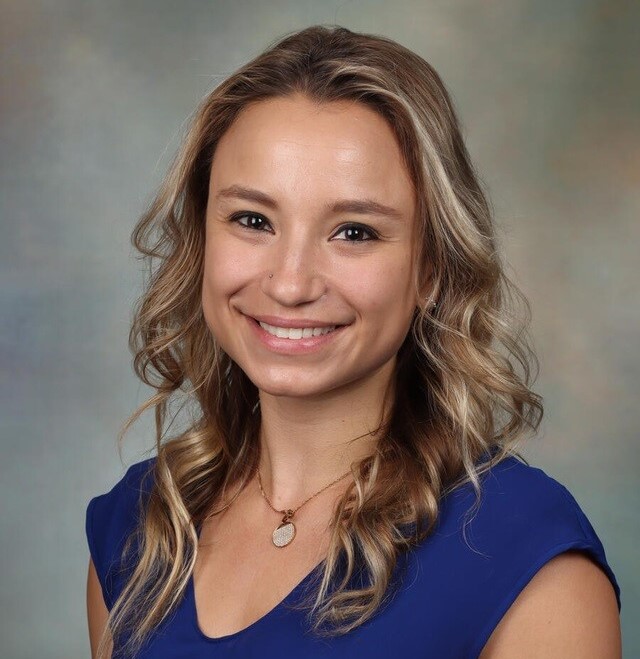
Dr. Gina Ranieri
Dr. Gina Ranieri
Gina Ranieri – Endometriosis Specialist
Summary: Dr Gina Ranieri is an experienced endometriosis specialist based in Princeton, New Jersey. Gina Ranieri’s approach to endometriosis care is rooted in the belief that the condition often originates during embryologic development, involving coelomic metaplasia or embryonic cell remnants. This perspective helps explain endometriosis in patients without menstruation and in unusual locations. Dr Gina Ranieri performs precise excision surgery to remove endometriosis lesions while prioritizing patient well-being. For those not pursuing surgery or to prevent recurrence, she prescribes hormonal treatments such as the levonorgestrel IUD and combined oral contraceptives. Post-surgery, Gina Ranieri carefully evaluates persistent pain by considering other causes, referring patients to pelvic floor physical therapy, and administering trigger point or Botox injections. She also uses non-opioid pain medications and advanced imaging to guide further treatment, always focusing on personalized, compassionate care.
City: Princeton, New Jersey, USA
Philosophy of Endometriosis Care: The theory of endometriosis that I believe makes the most sense is that endometriosis likely originates during embryologic development either through coelomic metaplasia or embryonic cell remnants. This explains how endometriosis can be seen in non-menstruating patients and areas outside the abdominopelvic cavity.
What type of surgery do you perform for endometriosis: Excision
Medication: I will use hormonal medications such as the levonorgestrel IUD, combined oral contraceptive pills, Depo-Provera, or norethindrone for patients who are not interested in surgical treatment or to prevent recurrence after surgical excision in select patients.
Approach to Persistent Pain After Surgery: For patients who have undergone complete surgical excision of endometriosis and continue to report symptoms, I will often explore other pain generators. I do refer patients to pelvic floor physical therapy and perform pelvic floor trigger point and Botox injections, as well as abdominal wall injections to treat myofascial pain. I will also prescribe non-opioid, centrally acting pain medications for patients with very challenging-to-treat pain. If I suspect that the patient’s endometriosis has returned, I will often order imaging in the form of an MRI and potentially offer repeat surgery in appropriate and select patients.

